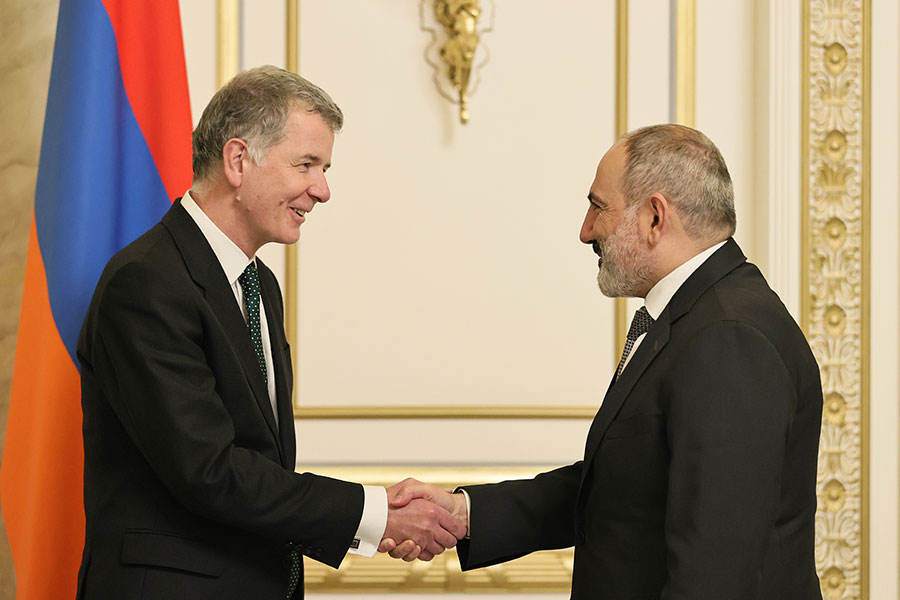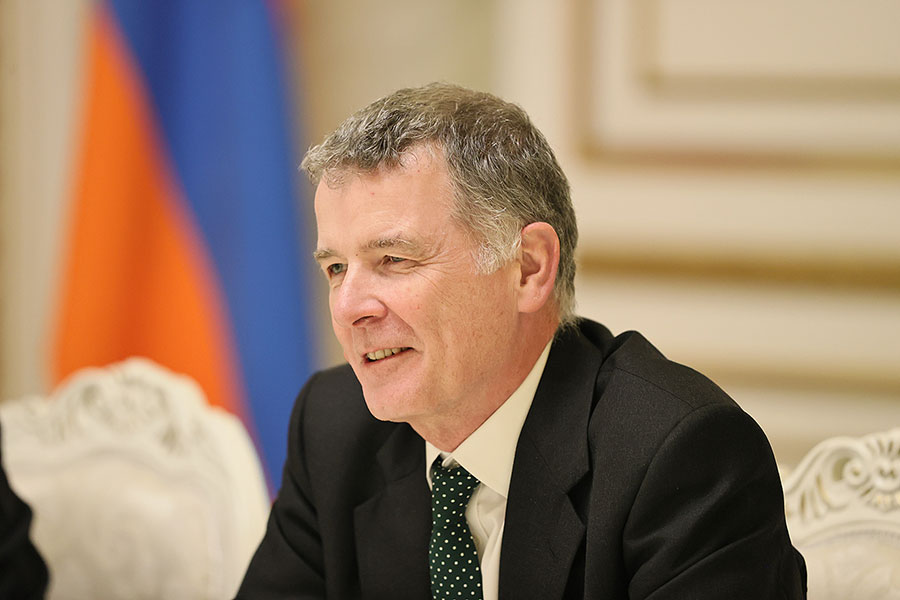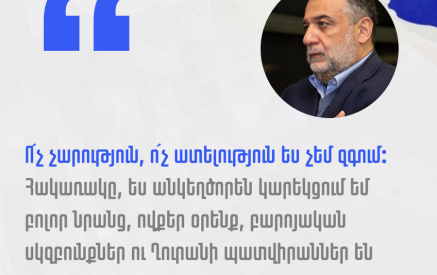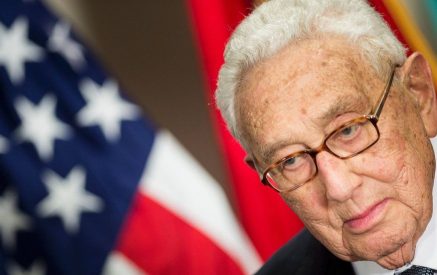A few days ago, a statement emerged from the UK Parliament expressing the United Kingdom’s readiness to support Armenia against potential retaliatory actions from Russia. Prior to this, a meeting occurred between the Secretary of the Security Council of Armenia and the Chief of MI6, the UK Secret Intelligence Service, marking a significant moment in Armenian-British relations characterized as a strategic dialogue.
To grasp the essence of Western and international politics, it is instructive to glance at the policies directed towards the Kurds in recent decades.
It is widely acknowledged that Kurds are strategically maneuvered pawns in the Middle East, utilized and discarded at the whim of global powers. They are activated and given hope when it suits the interests of those in power, only to be sacrificed when diplomatic relations with countries like Turkey, Syria, Iraq, or Iran need mending. This cycle repeats itself, leaving the Kurds as pawns in a perpetual game of geopolitical chess.
Read also
Armenians find themselves in a similar position in the Caucasus. The West may offer them promises of unwavering support when expedient, but they can just as easily be relegated to the role of cannon fodder when geopolitical interests demand it. At the expense of Armenian lives, larger nations may negotiate peace or strike deals, using Armenia’s territory as a bargaining chip in their maneuvers. Such behavior is characteristic of all political systems, regardless of whether they are liberal or democratic, dictatorial or traditional.
To avoid being barefaced, we will cite some facts and concrete examples to show how in the 20th century the West treated the Kurds under the guise of high-sounding promises. In 1987-1989, Saddam Hussein carried out the “Anfal” operation against the Kurds in northern Iraq, that is, the genocide of the Kurds. About 5,000 villages were destroyed, up to 182,000 people were killed, 700,000 were placed in concentration camps, and about one million people became refugees. Chemical weapons were used during the destruction of some villages.
Why did this happen and how did the international players behave, who considered the Kurds as their allies, as Great Britain considers the Armenians today? Let’s remind that the incident that took place in the late 80s of the last century, which was briefly described above, started with the Kurdish uprising. Western powers encouraged it simply to destabilize the Baghdad regime. Later, the Kurds understood and admitted that what happened was a “brutal, deceitful move.” In the field of diplomacy, the “commander of the parade” was Henry Kissinger, the US President’s Security Adviser.
In the months that followed, as the killings continued, Massoud Barzani, the leader of the Iraqi Kurds, made desperate appeals to CIA Director Gerald Ford and Kissinger. The latter not only did not intervene to stop the bloodshed but also rejected requests to provide humanitarian aid to many refugees. And in the closed session of the commission formed on the Kurdish issue, he urged the congressmen concerned about the bloody fate of the Kurds “not to confuse secret operations with social work.” It is interesting whether the assurance given in the Parliament of the United Kingdom a few days ago that they are ready to protect Armenians from the threats coming from Russia was a social work or a secret operation.
However, there is no shortage of people who believe in the promises of the West and its welfare in the world today, and the current Armenian government with its famous satellites seems to be among those believers. By the way, long before the Kurdish uprising, in 1973, Barzani told an American reporter: “I trust America. America is too great a power to betray such a small people as the Kurds.” There are not few like-minded people in Armenia now; moreover, Armenia has turned its eyes to the West, although there is no one waiting for it there.
(The Armenian Center for National and International Studies)
























































